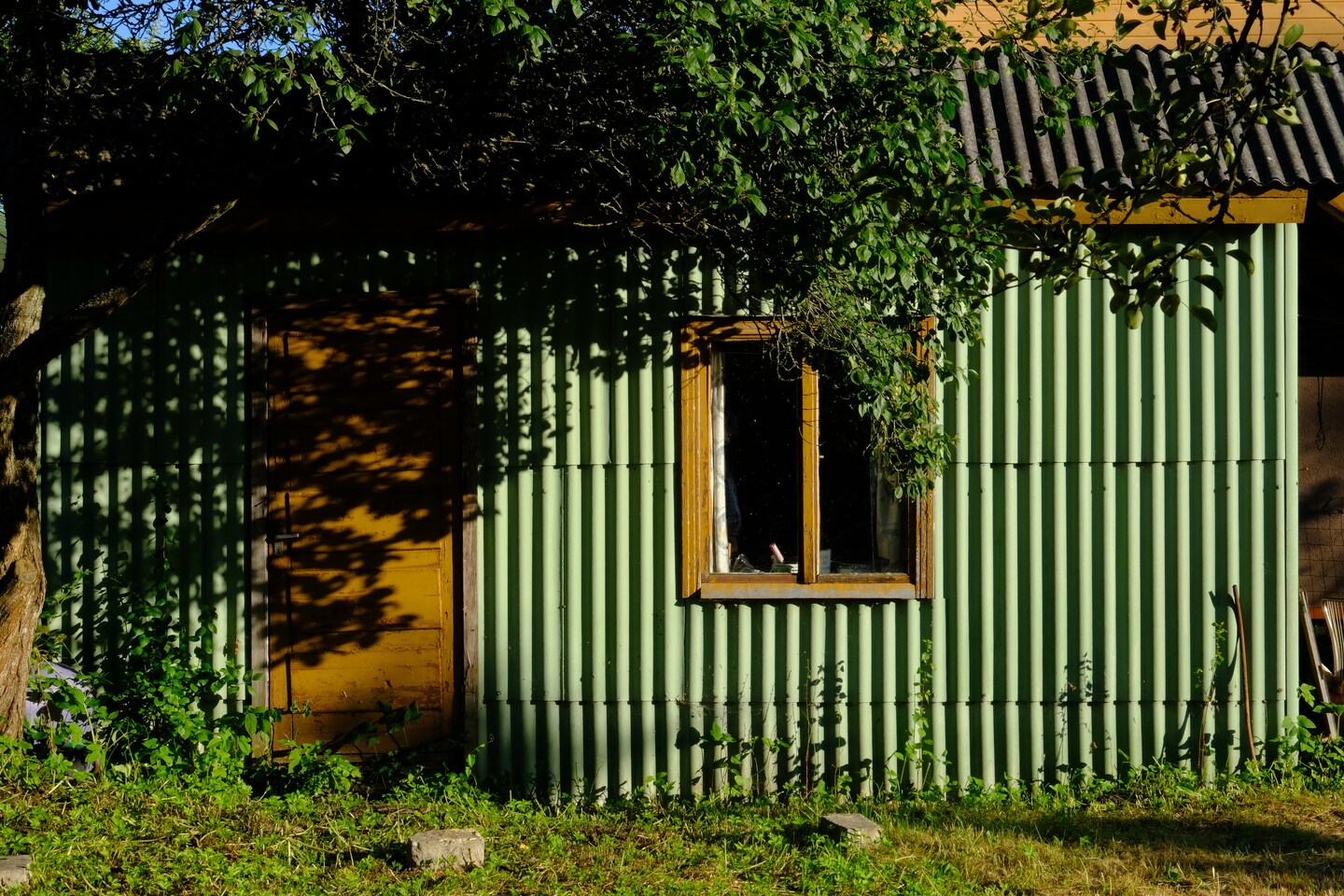Our family’s self-quarantine took us back to the Soviet era

So we resolved to drive across Europe — 1,350 miles, three days on the road — then isolate ourselves for five more days in the family’s disused summer house until we were reasonably sure we hadn’t brought the virus from Belgium, where cases started surging again in July. This house would take us 40 miles from the modern house and 35 years back in time to the waning days of the Soviet Union. Kristine’s grandfather, Valdis Berzins, built it in an era when nothing was easy to come by. He had to make everything himself, right down to the window frames, with a stubborn determination that feels freshly relevant during the pandemic.
Latvia is a modern nation, with a growing middle class, speedy Internet and a beautifully restored medieval district in Riga. It long ago shook off its decades of Soviet occupation. But at the summer house, it might as well still be the mid-1980s, since little about it or its surroundings has changed.
It is nestled in a garden cooperative — a small development of plots of land that some Soviet workers were issued through their workplaces so they could supplement the meager groceries on offer at the shops with food they grew themselves.
Now the house is mostly filled with memories, jumbled alongside the old dishes. Nobody from the family has lived there for any length of time for 20 years, when my wife’s great-grandmother Ella grew too old to pass summers there by herself. I’ve been coming to Latvia for 15 years, and although we would stop by the summer house to check on it on our way to the beach, we had never actually spent the night.
The mattresses date to the Communist era. The gas stove has two burners, and our attempt to light it with matches led to an ominous gas smell but no flame. The shop down the street announces itself with big red letters — “Veikals,” or “Shop” in Latvian — and all its wares are behind the counter, just as they were when my wife would walk there as a little girl alongside her great-grandmother after hunting for wild blueberries in the nearby pine forest that slopes down to the Gulf of Riga.
But the trees in the garden still offer up their apples. One bedroom on the upper floor is gloriously bright, with two walls of windows that helped foil Soviet bureaucratic limits on the size of summer houses, since the windows allowed my wife’s grandparents to claim with a straight face that their third indoor bedroom was actually a glassed-in outdoor patio. The garden plot that once yielded strawberries, cucumbers and tomatoes for a produce-starved family now provides a safe patch of scrubby grass for a 4-year-old and a 20-month-old to uncork months of pent-up pandemic energy.
And the nearby sea — placid, salt- and pine-scented — was beautiful long before the Soviets marched into Latvia and will remain so long after this pandemic is forgotten.






